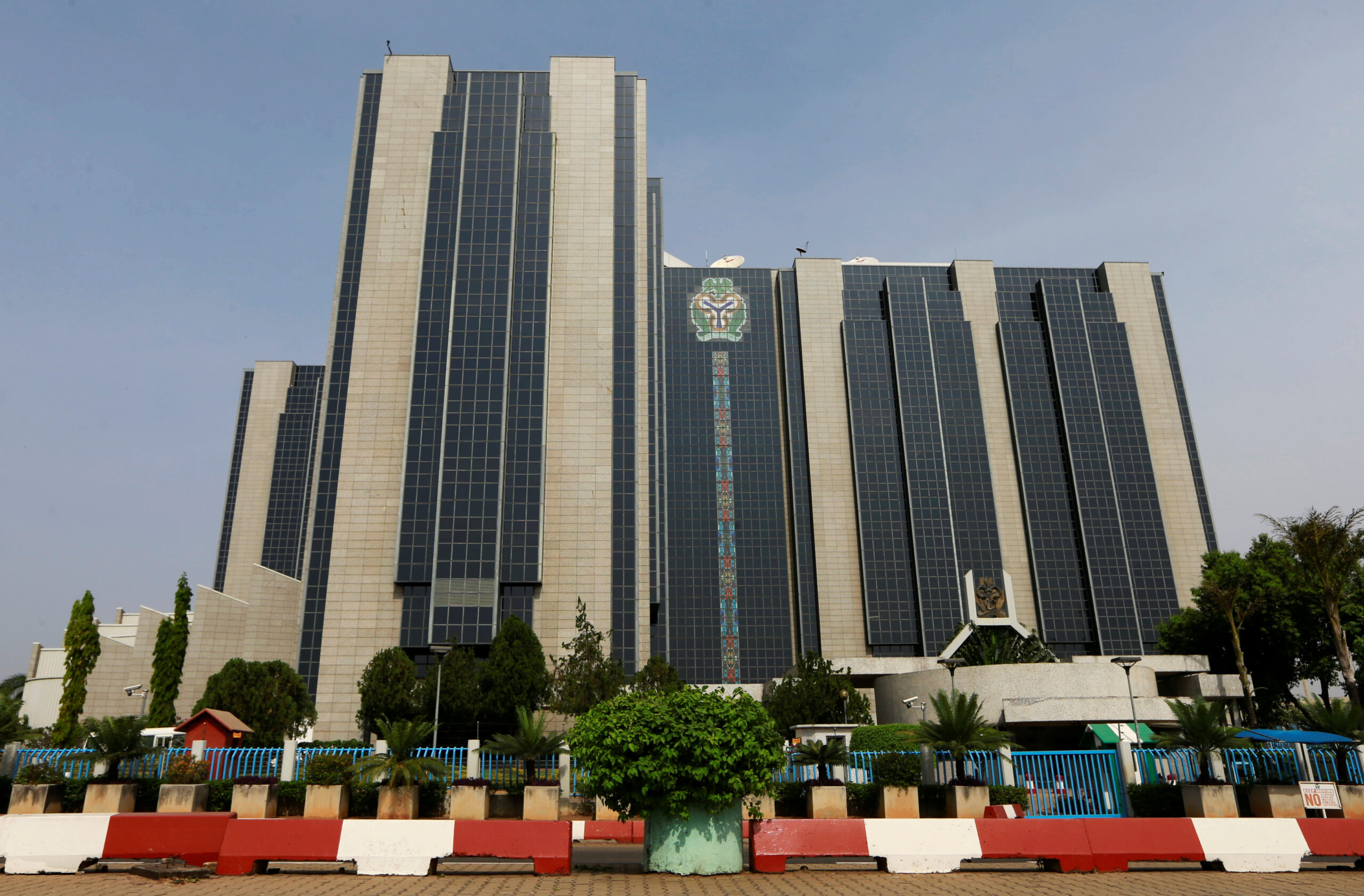Central bank digital currency projects continue to emerge in many countries around the world. Accordingly, the Central Bank of Nigeria has approved the regulatory oversight pilot process for the cNGN stablecoin project discussed by the African Stablecoin Consortium. The new stablecoin will be launched on February 27, 2024. So, what are the notable details of the process? Let’s examine together.
Significant Steps Being Taken for the CBDC Project
The ASC, a collaboration of Nigeria-based banks and fintech operators, announced in a blog post that the cNGN stablecoin complies with regulatory requirements and standards set by the Central Bank of Nigeria, the Nigerian Securities and Exchange Commission, and the Nigerian Financial Intelligence Unit. The consortium stated that it worked with regulators to ensure compliance, consumer protection, and transparency.
cNGN serves not as a replacement but as a complement to eNaira, the Central Bank Digital Currency (CBDC) issued by the Central Bank of Nigeria. Unlike eNaira, which was created with broader capabilities by the Central Bank of Nigeria, ASC oversees cNGN. The stablecoin currently operates with strategic blockchain ecosystems such as Bantu and BNB Smart Chain and plans to extend compatibility to all major blockchain networks soon.

Nigeria and the Cryptocurrency Market
cNGN aims to help Nigerians abroad send money to their families in Nigeria without waiting for remittance transactions to complete. It also aims to eliminate the high fees associated with traditional international transactions.
According to the blog post, the Central Bank of Nigeria wants the financial system to support and facilitate blockchain technology. On December 22, 2023, the Central Bank of Nigeria acknowledged the increasing global demand for the crypto sector and the adoption of cryptocurrency, lifting restrictions on Nigerian banks that facilitate cryptocurrency transactions.

 Türkçe
Türkçe Español
Español









